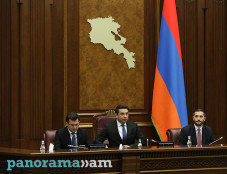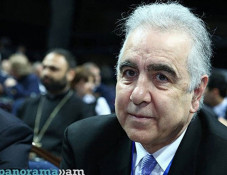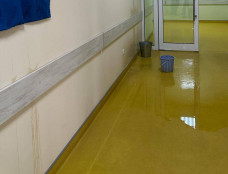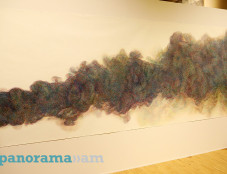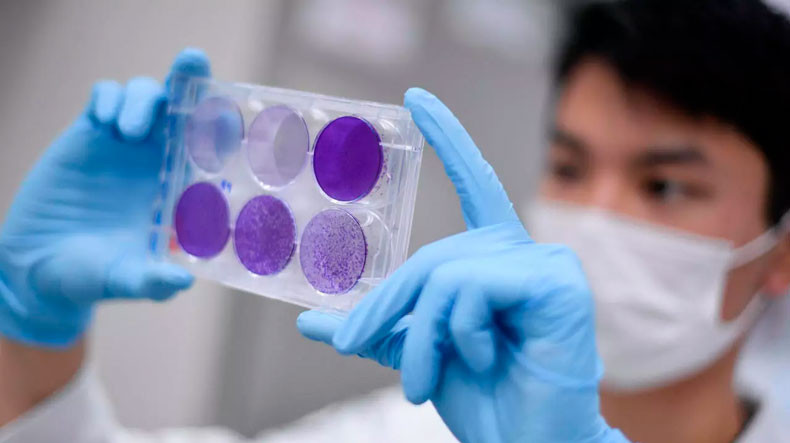
Moderna's coronavirus vaccine looks promising in its first tests
In a study published July 14 in the New England Journal of Medicine, researchers report on the results of the first COVID-19 vaccine to be tested in people. The trial, which involved 45 healthy volunteers, was designed to test the safety of the vaccine, but results offer early hints of its effectiveness, Time reports.
Moderna Therapeutics, the Mass.-based biotech firm that developed the vaccine along with researchers from the National Institute of Allergy and Infectious Diseases, first reported the results in a press release on May 18. The NEJM paper formally describes those results.
The 45 participants, aged 18 to 55 years, were enrolled at either the Kaiser Permanente Washington Health Research Institute in Seattle or at Emory University in Atlanta; the first volunteer was vaccinated on March 16, just two months after the genetic sequence of the SARS-CoV-2 virus was published. All of the volunteers received one of three levels of doses of the vaccine, which were given in two injections about a month apart.
There were no serious side effects associated with the vaccine at any of the dosing levels, though more than half of the study participants who received the vaccine experienced minor events including fatigue, headache, chills, and pain at the injection site. All of the participants produced antibodies to SARS-CoV-2, the virus that causes COVID-19. And when researchers tested these antibodies against a lab version of SARS-CoV-2, they found these antibodies neutralized the virus as effectively as antibodies taken from people who were naturally infected with SARS-CoV-2 and recovered. They also tested the antibodies taken from a smaller group of study participants against actual samples of SARS-CoV-2 and found their ability to neutralize virus was at least equivalent to that found in people who had recovered from infection.
How long the vaccine-induced immune response lasts to protect against COVID-19 isn’t clear yet.
Related news
- Moderna signs deal with Spain's Rovi to supply potential COVID-19 vaccine outside US
- Israel in talks to buy coronavirus vaccine from Moderna – report
- Noubar Afeyan’s Moderna set to test coronavirus vaccine with 30,000 volunteers
- Moderna extends lipids deal to boost COVID-19 vaccine candidate output
- Noubar Afeyan informs about the clinical trial for a novel coronavirus vaccine
Newsfeed
Videos







